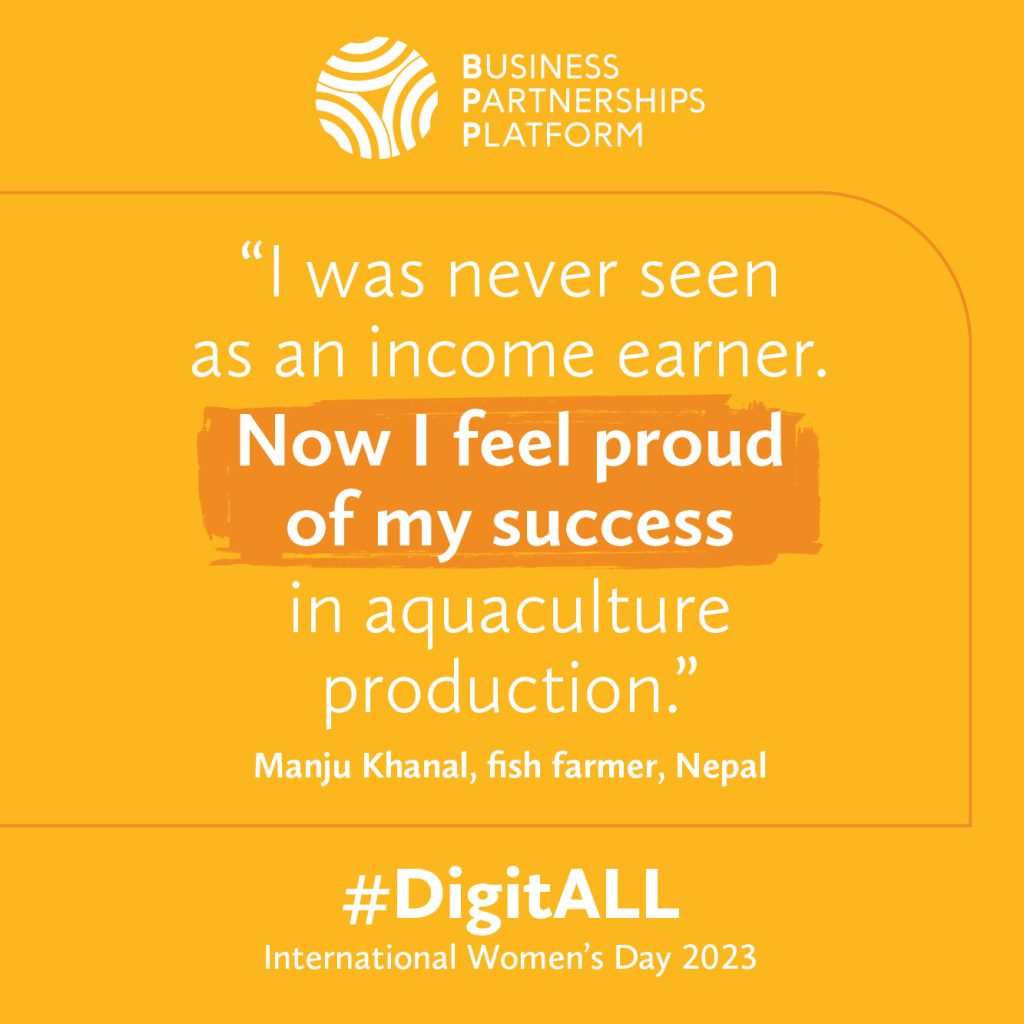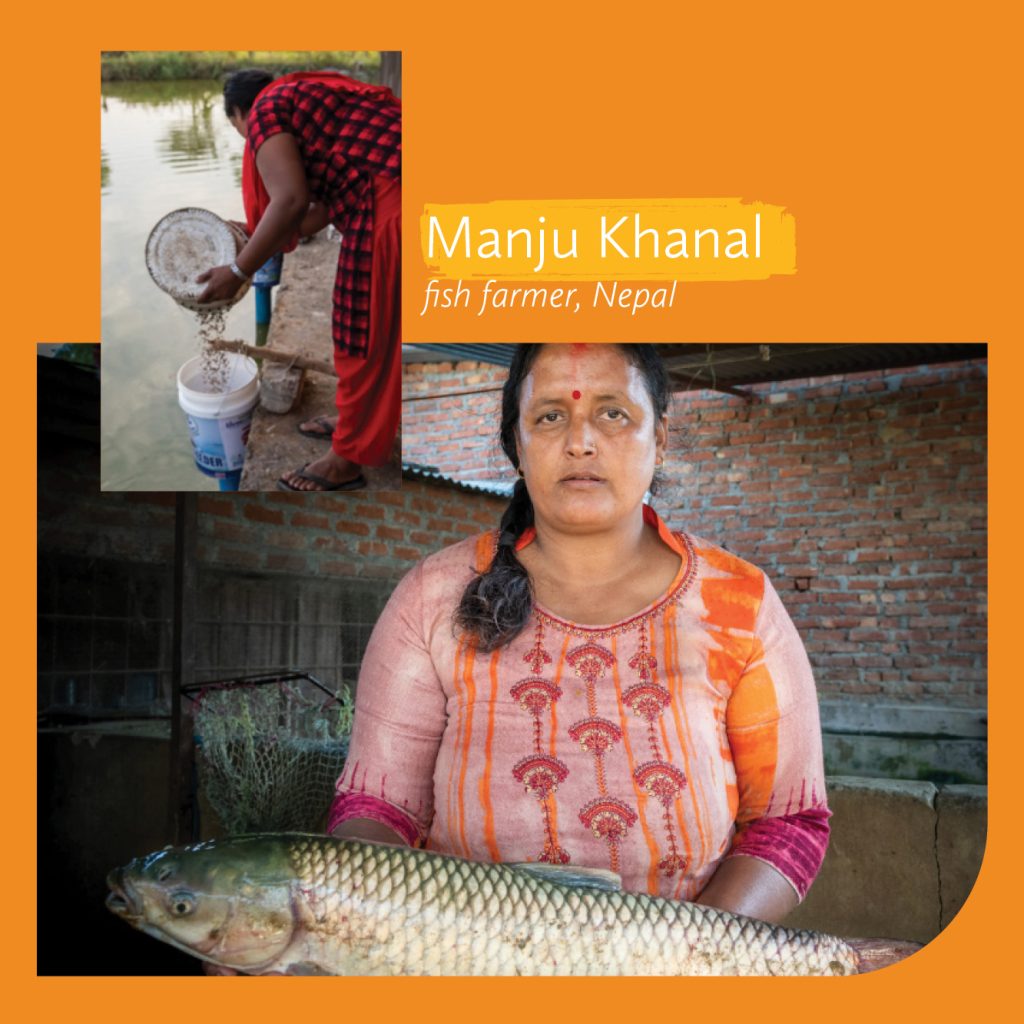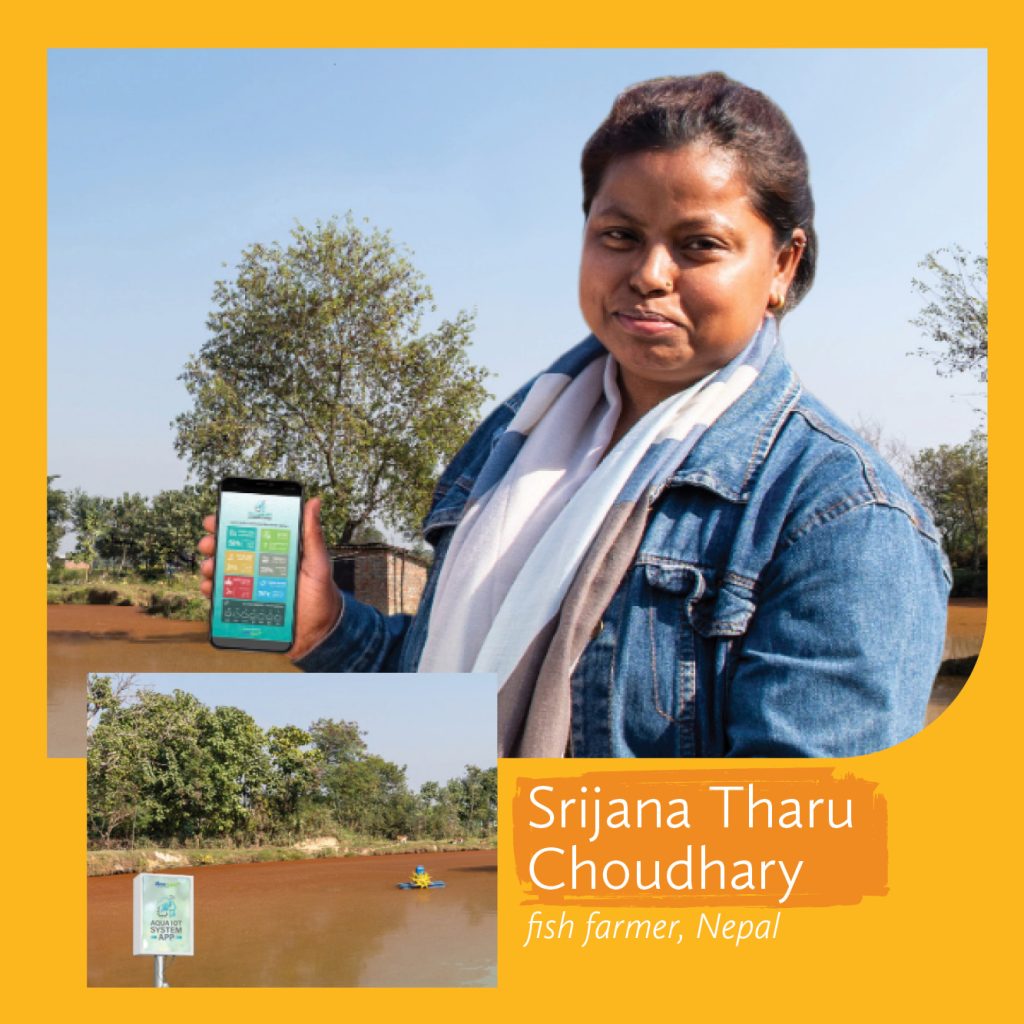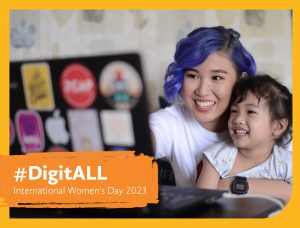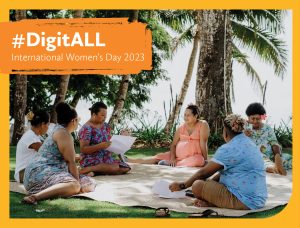DigitALL: Training and technology helps women fish farmers increase production in Nepal
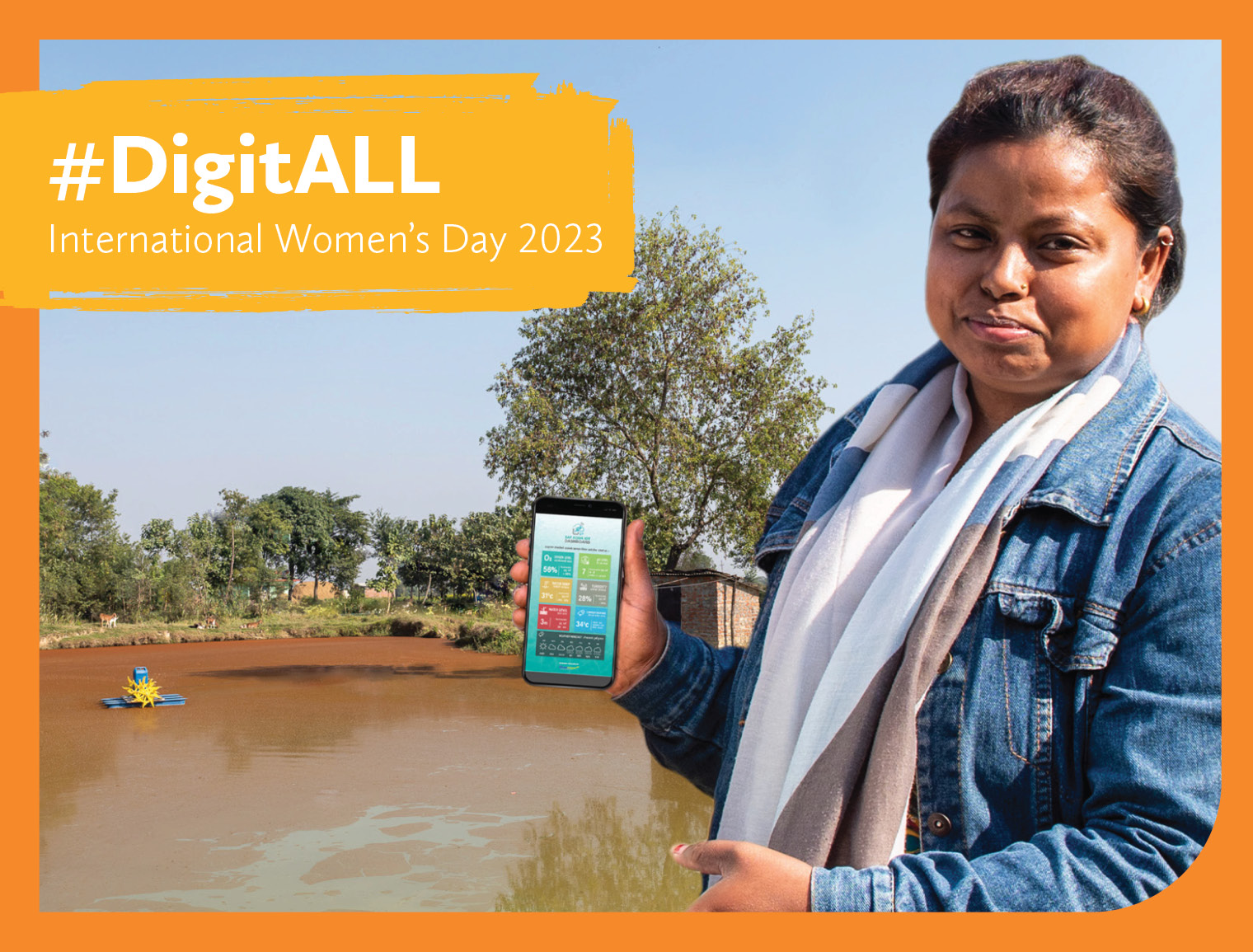
This year, the United Nations Observance theme for International Women’s Day, DigitALL, recognizes and celebrates advances in gender equality through transformative technology and digital education. BPP supports businesses to innovate and apply technology to achieve social impact, including through cutting-edge software and fintech applications, digital education and digitized farming processes. This week, to celebrate International Women’s Day, we are profiling some of these partnerships, whose work to provide digital solutions to pressing problems is improving the lives and livelihoods of women and girls across Asia and the Pacific.
In Nepal, a BPP partnership is working to increase the success of women in the fisheries sector, with technology, training and the development of a small-scale fisheries-focussed Internet of Things (IoT) application.
The partnership recently held a series of “training the trainers” sessions for lead farmers, including 17 women, as well as a generalized training for over 600 participants (121 women) on Good Aquaculture Practices. The trainings covered how IoT technology can be used in aquaculture, farm and feed management, market linkages and access to credit and insurance services.
The IoT application is currently being piloted in 2 demonstration farms in Nepal, and gives farmers real-time data on dissolved oxygen levels, pH values and water temperature. Farmers have also had a chance to provide feedback on additional features and functions they would like to see added in the future.
Having easy access to this information will help fish farmers like Srijana Tharu Choudhary and Manju Khanal (pictured). Srijana and Manju attended the recent trainings to learn how the new technology can help improve their livelihood from fisheries and identified how access to real-time information will help these and other farmers identify problems early to promote healthy production, increase the contribution of fish farming to their incomes, and ward off any future large-scale losses.
Srijana attended the “training the trainers” session for lead farmers. She began fish farming about four years ago, and has grown her farm over that period, earning Rs. 700,000 from fisheries in 2022.
“In the beginning when I learnt about the pond management during training, they taught us about the importance of proper feeding techniques and maintaining water quality. I tried to implement the same on my pond but it was a very tiresome process,” says Srijana. “Now, SAF-AQUA-IOT – the smartphone application combined with sensors and internet connectivity being specifically developed for small-scale aqua farmers – is helping me on real time monitoring of my pond water quality and also notifies me if there are any ups and downs.”
Manju Kanal has also been attending the partnership’s training and implementing technology to turn her homestead pond into a productive and profitable commercial farm. With these methods, her pond more than doubled its production – to 223kg – in 2022. Manju’s success is recognised throughout the community and many people, particularly women, come to her for advice and support.
“I was never seen as an income earner,” says Manju. “Now I feel proud of my success in aquaculture production from my pond.”
Developing aquaculture for local markets is a BPP partnership with Shreenager Agro Group, Science Technology Engineering Maths Social Enterprise Learning (STEMSEL), ThinkAqua and the Australian Government to develop the market for Nepalese fish, introduce new technologies to improve production and link farmers with value-adding services like access to market, finance and insurance. Find out more here.
